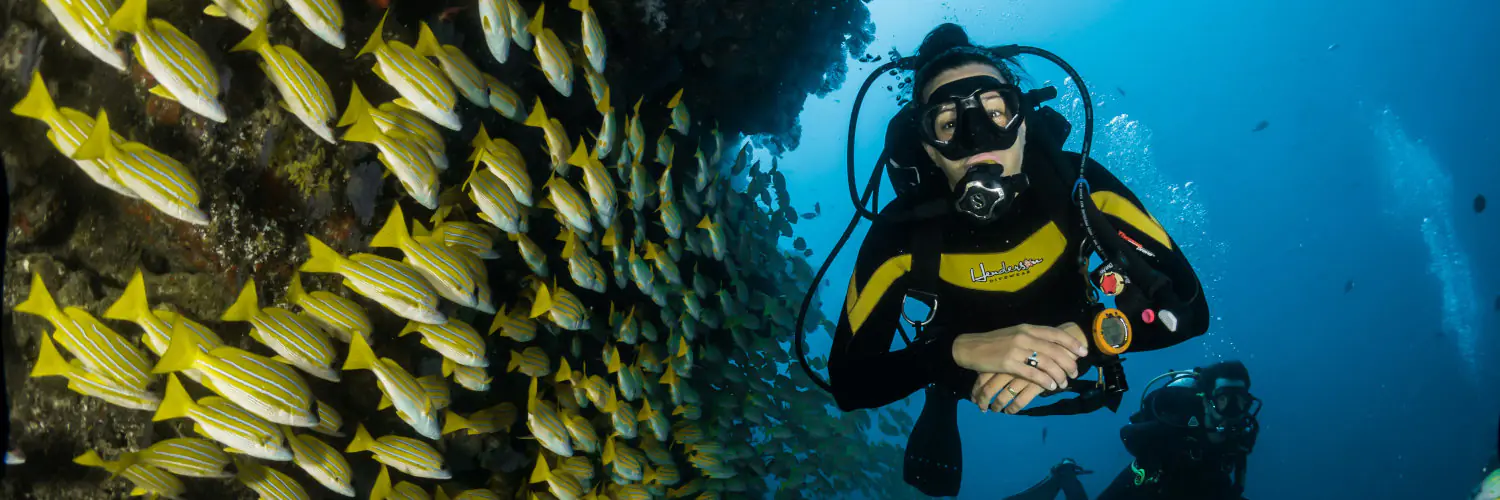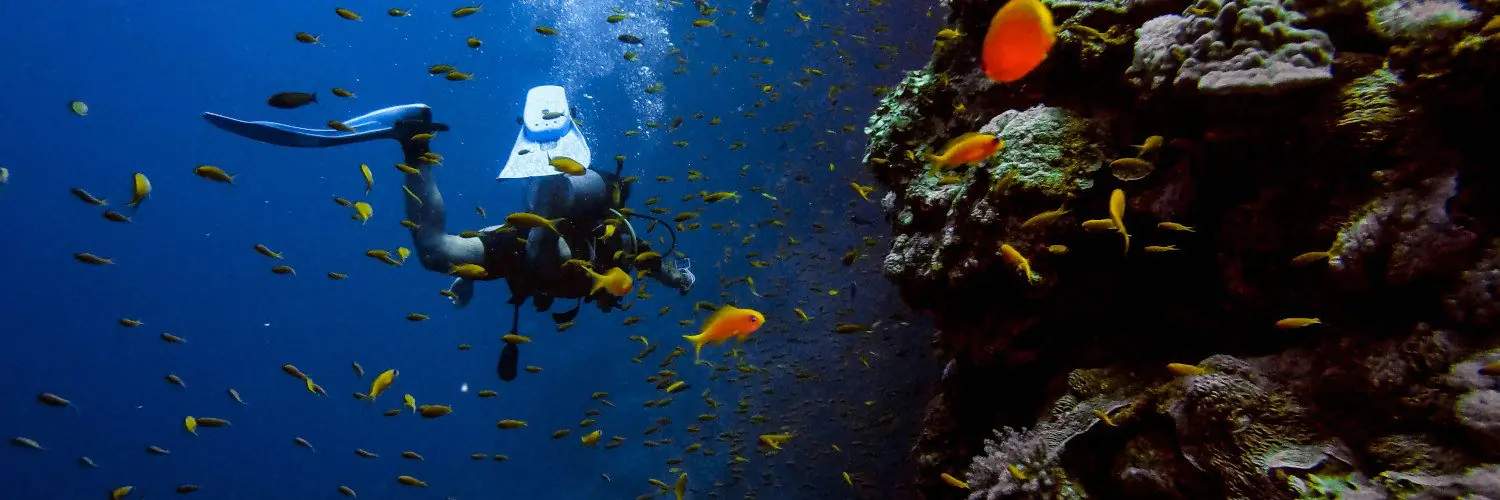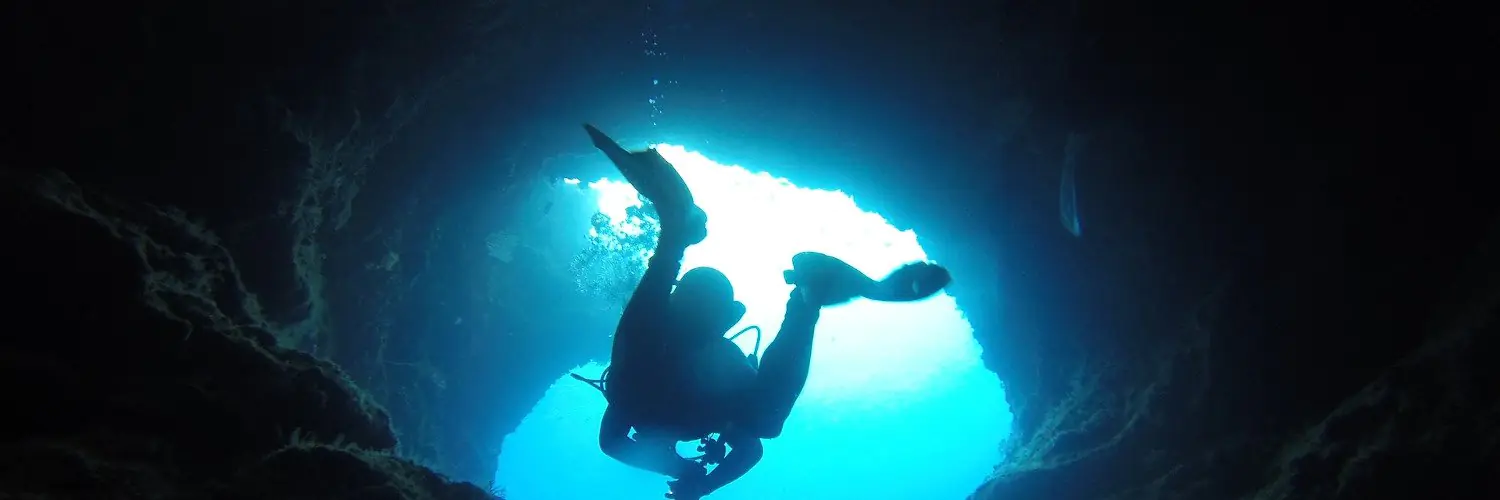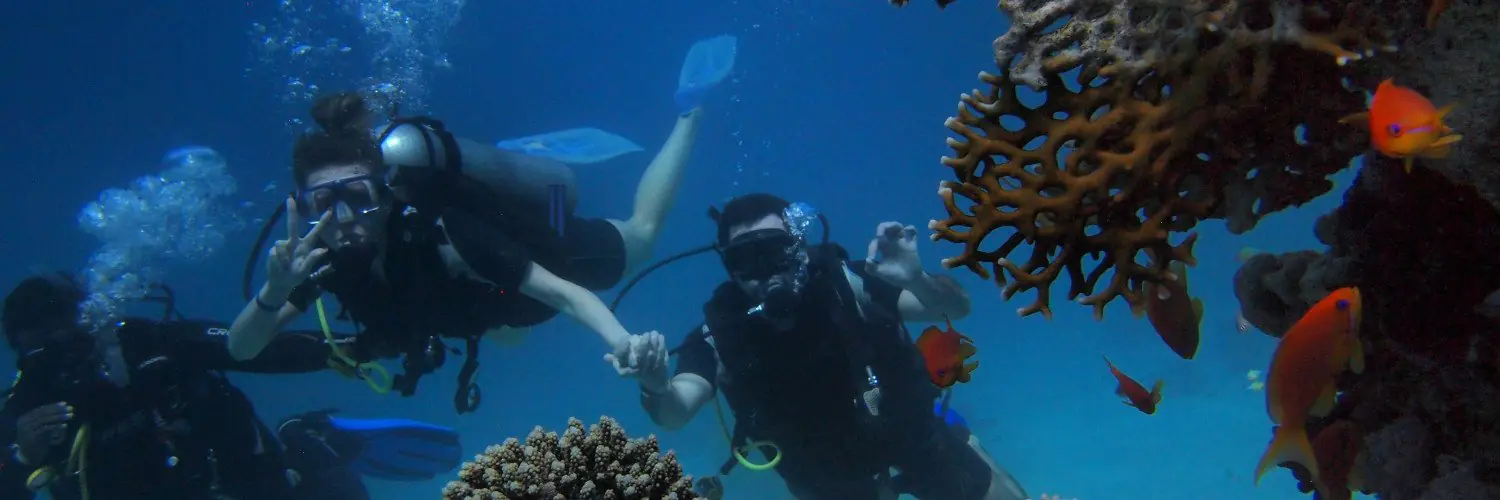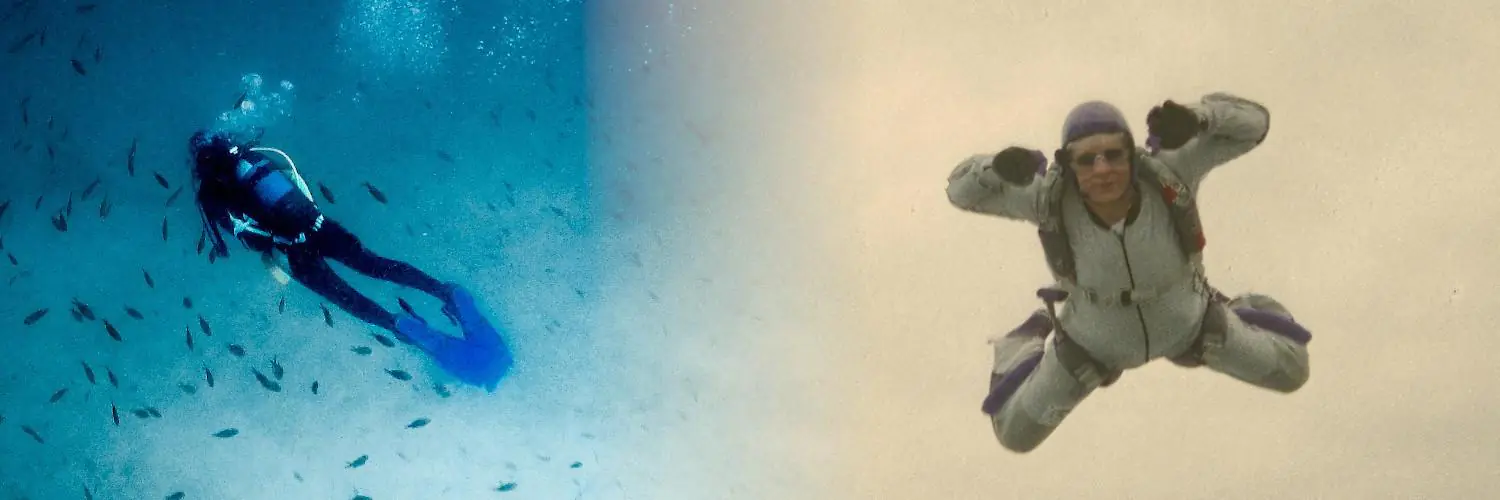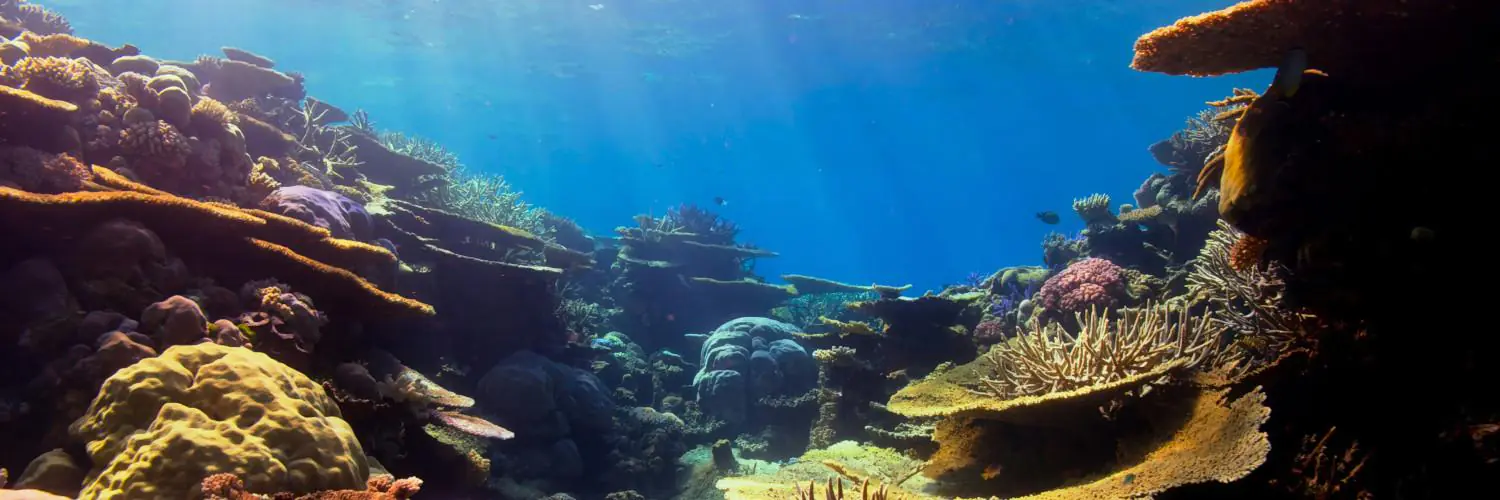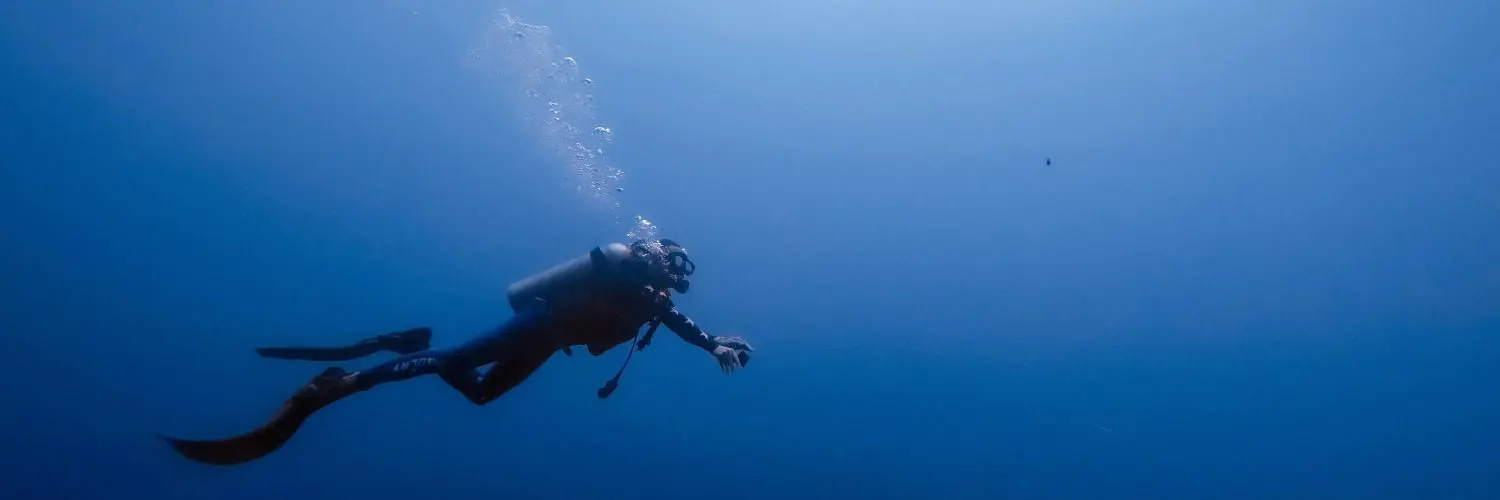The intersection of scuba diving and the COVID-19 pandemic has been a topic of significant adjustment and ongoing evaluation within the diving community. With the progression of the pandemic, health guidelines have continually evolved, affecting the way divers return to the water post-infection. It has been established that those who experienced only mild symptoms of COVID-19 may not have to adhere to the previously suggested wait time of three months before diving. Current discussions have led to revised guidance which suggests shorter waiting periods could be sufficient for some.
Moreover, the approach towards scuba diving after a COVID-19 infection is not uniform and depends on the severity of the individual’s symptoms and recovery. Asymptomatic individuals are now often advised to wait one month, while those who experienced more severe illness are recommended to undergo a thorough fitness-to-dive evaluation before resuming diving activities. Safety remains the prevalent concern for the community, which has catalyzed the development of these updated protocols.
Health professionals continue to emphasize the need for individualized assessments, given the varying impacts of the virus. Divers who have made a full recovery from COVID-19, particularly those who suffered from long-term symptoms, are encouraged to seek clearance from medical professionals specializing in diving medicine. This ensures a responsible and informed return to scuba diving, maintaining the well-being of the diver and integrity of the sport amidst the ongoing pandemic.
Table of Contents
COVID-19 Impact on Scuba Diving
The COVID-19 pandemic has had a profound influence on scuba diving, leading to changes in both industry practices and medical guidelines.
Diving Industry Changes
The diving industry experienced significant shifts in response to the COVID-19 pandemic. A heightened focus on hygiene led to stricter disinfection protocols for rental equipment, especially items such as masks, snorkels, and BCD oral inflators. Dive operators and shops now regularly employ disinfectants recommended by health authorities to ensure the safety of their customers.
- Rental Equipment Procedures:
- Masks and snorkels: Use of a 10% bleach solution rinse followed by a freshwater rinse.
- BCD oral inflators: Submersion in disinfectant with particular attention to mouthpieces.
Furthermore, dive insurance policies adapted to accommodate the uncertainties brought by the pandemic, including coverage for COVID-19-related incidents. Divers were encouraged to carefully review their insurance to ensure it met new travel and health concerns.
Diving Medicine Advancements
In the realm of diving medicine, updates to recommendations for divers post-COVID have been crucial. The Undersea and Hyperbaric Medical Society (UHMS), along with publications like Diving and Hyperbaric Medicine, have continuously released guidance on medical evaluations pre-diving, especially for divers recovering from COVID-19. They’ve stressed the importance of comprehensive medicals-diving to assess the potential impact of the virus on lung function and overall fitness to dive.
- Medical Guidelines:
- A negative COVID-19 test may not suffice; pulmonary function tests (PFTs) are recommended.
- Follow-up for divers with a history of severe COVID-19 should be handled on a case-by-case basis.
By understanding and implementing these changes, the diving community continues to navigate the challenges presented by the pandemic.
Health and Safety Protocols
Health and safety protocols for scuba diving after recovery from COVID-19 require a comprehensive approach. The focus is on ensuring divers are medically fit and adhere to safety measures that minimize risks during diving activities.
Pre-Dive Medical Evaluation
Medical evaluation is pivotal for divers who have recovered from COVID-19. Guidelines by organizations such as Divers Alert Network (DAN) and the medical community recommend that:
- Asymptomatic individuals should wait for at least one month before diving.
- Symptomatic individuals with mild cases should delay for three months and receive a fitness to dive assessment by a diving medicine specialist.
The evaluation includes:
- Chest radiograph: To detect potential lingering effects on lung health.
- Exercise tolerance test: To measure exercise capacity and ensure the diver’s cardiovascular system can handle the exertion of diving.
- Oxygen saturation: Essential to ensure that the diver’s blood oxygen levels meet safe thresholds.
Safety Measures During Diving
Once medically cleared, divers should rigorously observe the following safety measures:
- Social Distancing: Maintain recommended distances at dive sites to mitigate virus transmission risk.
- Hygiene Practices: Implementation of World Health Organization (WHO) hygiene practices, including disinfection of equipment.
- Emergency Protocols: Ensure that protocols for emergency medical services accommodate potential COVID-19 related issues, keeping diver safety paramount.
Adherence to these protocols supports the safety and well-being of the diving community.
Post-COVID Diving Readiness
After recovering from COVID-19, divers must carefully assess their fitness to dive before resuming the activity. This evaluation helps to ensure the safety and well-being of the individual as they return to a physically demanding sport where pulmonary and overall health are critical.
Assessing Fitness to Dive
For those looking to return to diving post-COVID-19 infection, a structured fitness to dive assessment is recommended. This assessment should:
- Consider persistent symptoms: Even asymptomatic individuals may experience underlining issues. Look for signs of fatigue, exercise intolerance, or a lingering pulmonary condition.
- Evaluate pulmonary health: Special attention must be given to pulmonary function as COVID-19 can lead to residual effects such as pulmonary fibrosis.
- Conduct a physical examination: A thorough examination should be performed by a healthcare professional familiar with both COVID-19 implications and diving medicine.
It is crucial that individuals who were symptomatic during their COVID-19 infection should undergo a more comprehensive assessment before getting clearance to dive.
Resuming Diving After Recovery
A step-by-step approach to resuming diving after COVID-19 is advised:
- Begin with light exercise: Start with low-impact activities to gauge exercise tolerance.
- Monitor for adverse symptoms: Watch for any post-exertional symptoms, particularly respiratory difficulties or unusual fatigue.
- Incrementally increase diving difficulty: Gradually progress to more challenging dives while continuously monitoring for symptoms or complications.
Those who have recovered from COVID-19 must remain vigilant about their health status and be willing to halt diving if adverse health effects are noted.
Understanding Long COVID Effects
After recovering from COVID-19, some individuals experience persistent symptoms known as Long COVID, which can particularly impact an individual’s ability to safely engage in activities like scuba diving.
Neuro-psychological Impact
Long COVID may manifest neuro-psychological problems such as chronic brain fog and concentration issues, which are crucial factors to consider for dive safety. A study indicated that these symptoms result from the direct viral effects and associated immune responses affecting the central nervous system. Scuba divers with such neuro-psychological symptoms are at increased risk for errors in judgment under water, potentially leading to dangerous situations, including arterial gas embolism or failure to manage pulmonary barotrauma.
Cardiopulmonary Considerations
The cardiopulmonary system is highly relevant to scuba diving given the sport’s unique demands. Long COVID can induce persistent pulmonary and cardiovascular symptoms including shortness of breath and myocardial inflammation, which could exacerbate the risk of hypoxia underwater. It is vital that divers with Long COVID have a thorough medical assessment before returning to diving, as complications related to these systems can significantly increase the risk of serious injuries such as pulmonary barotrauma.
Diving Research and COVID-19
In the wake of the COVID-19 pandemic, research has been paramount in understanding the implications for scuba divers. Studies focus on the potential long-term effects of the virus that may influence diving safety and fitness.
Current Studies and Findings
Studies on diving post-COVID-19 infection point to the necessity for thorough fitness assessments before divers return to the water. Research from the University of California, San Diego (UCSD) and dive operators globally suggests that even divers who have recovered from COVID-19 may face increased risks.
- Pulmonary changes: Long-term effects of COVID-19, such as reduced lung function, can be assessed using spirometry. Divers with diminished pulmonary capacity may be at higher risk during underwater activities.
- Cardiovascular impact: Given that scuba diving increases cardiovascular workload, it’s vital to understand how COVID-19 may affect the heart. Risks could include abnormal rhythms or blood flow problems.
- Thrombosis risk: COVID-19 is associated with an increased tendency for blood clotting, which is already a concern in diving due to decompression sickness. Studies are investigating the intersection of these risks.
- Vaccination: While vaccines have been pivotal in reducing hospitalization and the need for mechanical ventilation due to COVID-19, ongoing research is examining the relationship between vaccination status and diving safety, particularly with the rise of variants like Omicron.
Occupational health research is of particular interest for commercial and military dive operations to ensure that their divers can safely resume work without increased risk of diving accidents post-COVID.

